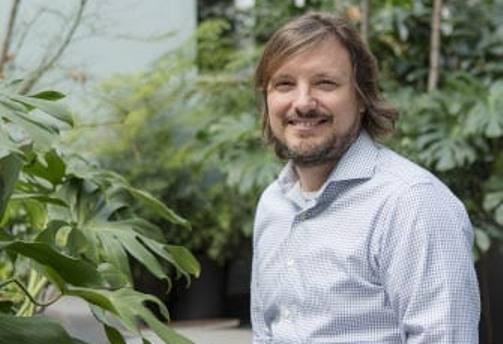The Spanish radiation oncologist spoke at 99.9 about the application of the SBRT technique, which with only 5 sessions of radiotherapy cures prostate cancer.
–
Cancer continues to be one of the leading causes of death worldwide. Furthermore, in the case of prostate cancer, there is sometimes no awareness of the impact it has on men and therefore, controls are always important.
This was stated by the radiation oncologist, Dr. Gorka Nagore from Spain in the 99.9 also providing details about the SBRT technique that, with spacers, allows treating prostate cancer in 5 days: «Always talking about this type of cancer it is important to have an early diagnosis. With all the information we have today, we know that it has a 100% 5-year survival. This early diagnosis should not be abandoned, since from the age of 45 or 50 a urological evaluation should be done. The expectations of treatment are very good ».
Regarding the SBRT technique, he explained that «A spacer gel is placed between the rectum and the prostate and with radio therapy techniques, we treat the cancer in five sessions. It is a short treatment where the patient does not notice anything at all and the side effects are very few. There is a region of the prostate that is two centimeters in contact with the rectum and this spacer separates them, we reduce impotence rates to 20% and the patient tolerates it very well.
Of course, to develop it, they need high-tech machinery that is not easy to acquire: «They are high-tech equipment where we manage to see the patient internally before treatment and it is important because even with breathing the prostate itself moves. The radiation doses must also be given safely with high-quality technology. Today technology is going at a terrible speed and we take advantage of that.
Finally, he commented that standardization is being achieved in his country, but it is a fairly recent technique and they want it to continue expanding: «In Spain, more and more campaigns are being carried out, as is the case with breast cancer in women. They have only been around for a few years but we must talk about it more and more. It is no longer just for the cure that should be detected promptly but to gain quality of life.
–


